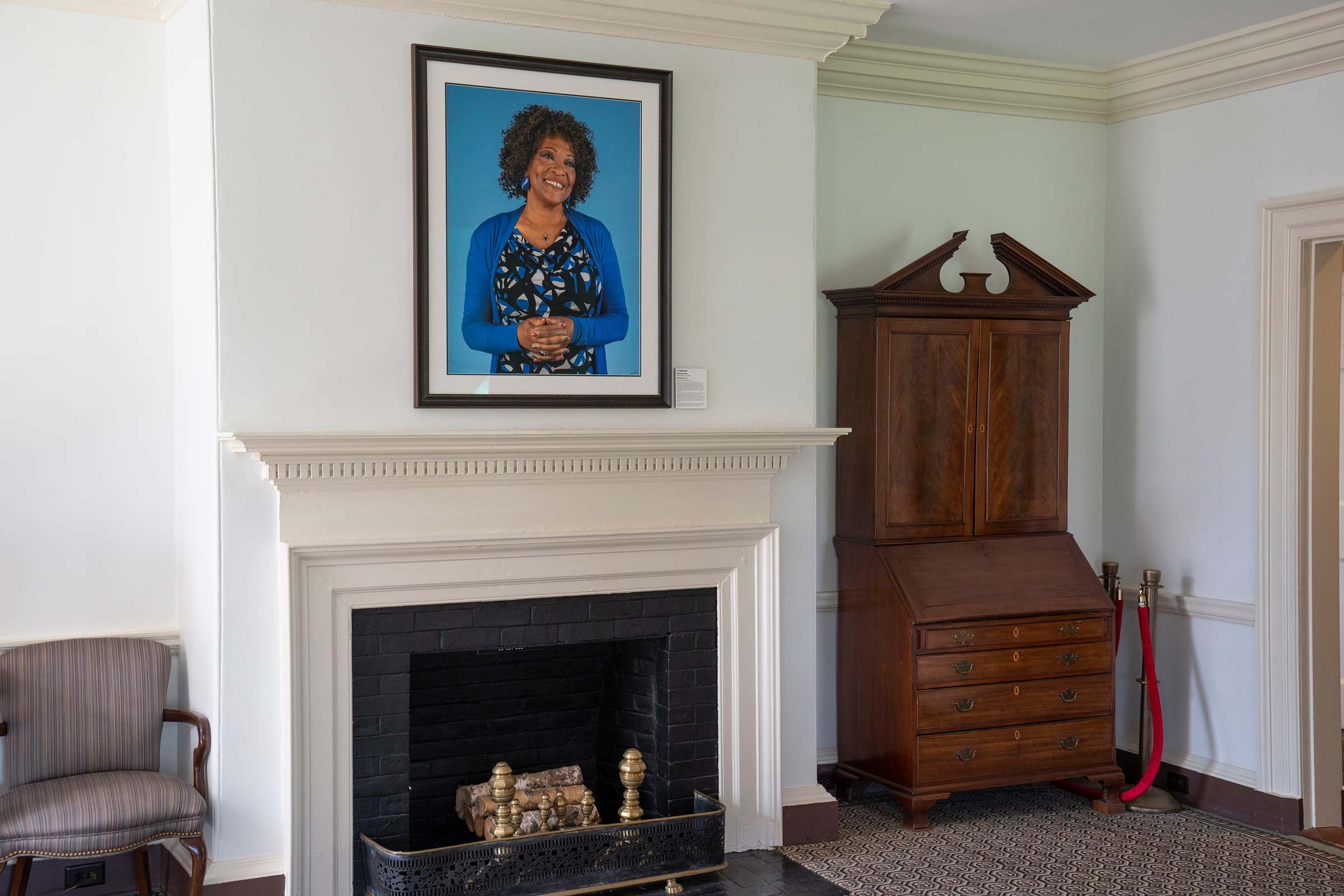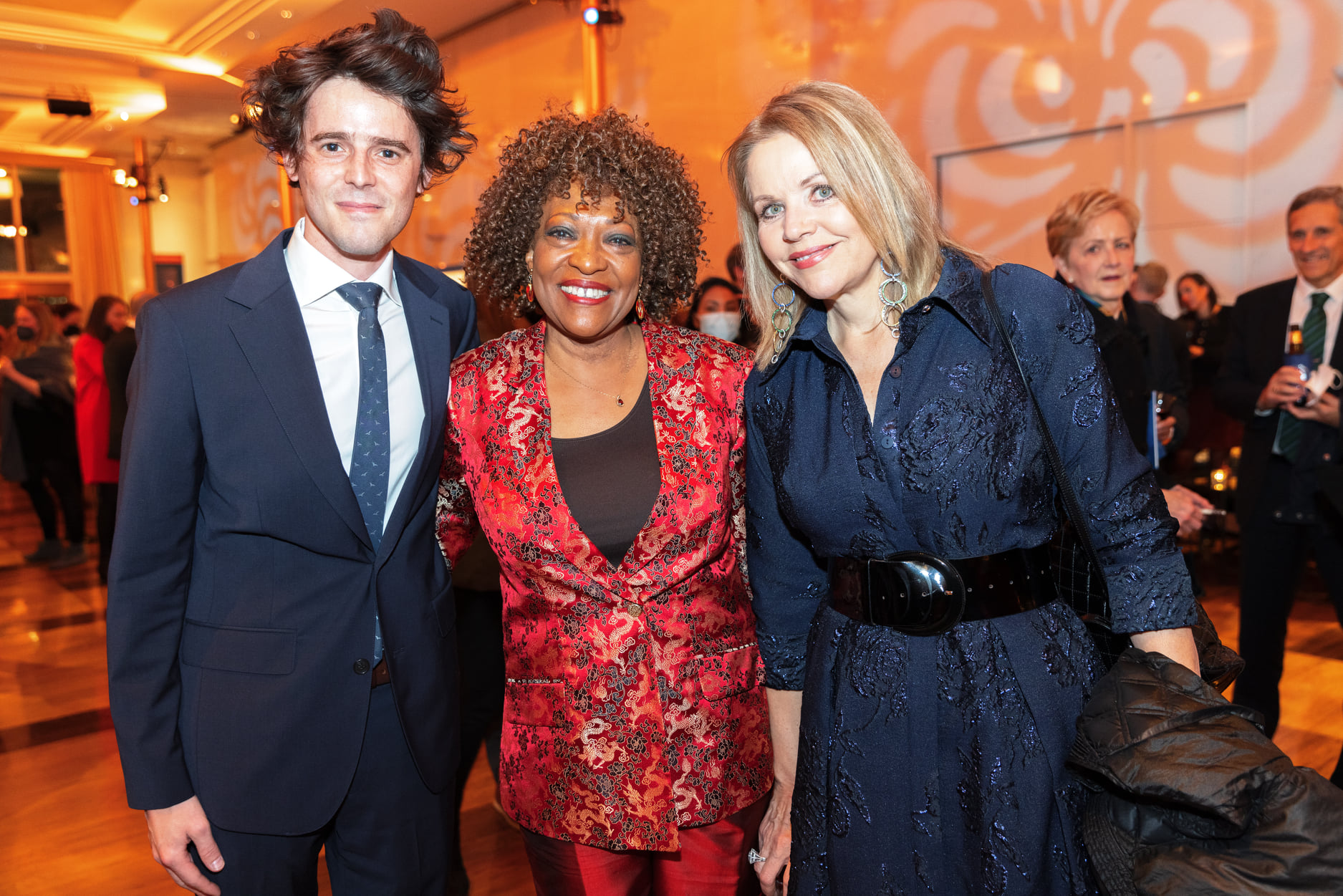M: Your first collection appeared in 1980. Since then, you have produced ground-breaking work across genres. What do you feel has changed most in your poetic practice since you first began writing?
R: Poetic practice can also mean how the writing gets done. When I was a fledgling poet, I wrote to a world that didn’t know I existed, basically calling out: “Here I am! Is anyone there?” And with every response – a stranger writing a letter or attending a reading – I could feel the tribe growing larger, stronger. As I continued publishing, teaching, and giving readings and lectures, my audience grew. Now I’m fortunate to have an readership that appreciates my work, which is wonderful; but when I sit down to the blank page, I can’t assume to know who’s in that audience or anticipate what will move them. A poet addresses the void and hopes someone is listening; the poem is both a shout into the cosmos and a whisper into a stranger’s ear. I’ve been called a public poet, but for me the act of writing is a very intimate – nearly illicit – undertaking; to be aware of all those incognito readers, waiting, while trying to coax a poem into being is to become self-conscious in the worst way – inspiration either flies right out the window or chokes on its own sputters.
Which brings us to changes in my physical poetic practice over the years. When I was young with a myriad possibilities before me, I could write anywhere – in a coffee shop or on a park bench, at a card table with a 12-inch TV blaring from the corner of the room. But the world’s racket seems more dissonant now, and I yearn for quiet. I try to carve out as large a chunk of uninterrupted time as I can finagle and retreat into a near-monastic seclusion, far away from the clamoring voices, until I can finally hear the whispers at my core. Poetic practice becomes a physical escape – shut the door, turn off radio and phone, block the internet – to a desert island of the mind where the cacophony of opinions and expectations has fallen away.
I began as many young writers do – reading voraciously, emulating favorite poets, searching for my “voice” – as if voice were a static quality. Everything I’ve experienced and lived through has somehow affected my writing, even my passionate pursuit of decidedly non-poetic hobbies like ballroom dancing and sewing: I pay more attention to syllabic dips and swirls; I relish stitching the parts of a narrative into a three-dimensional garment that can pirouette in the center of a lyric moment. Collaborating across genres – with composers, visual artists, architects, dancers – has enriched my poetic intonation and pacing. But I would say that being a practicing musician has been the greatest game changer. I started playing cello in fourth grade, around the same time I began writing poems and science fiction stories. And it’s fair to say that the poems in my earlier books were written by a cellist; I liked working those lower registers. But when my professional life began to speed up and my schedule grew too busy to accommodate dragging a cello along on book tours, I took up classical singing, reasoning that at least now I could carry the music with me, inside me. I discovered that I was a soprano, which meant if I wanted to make music, I had to lead the choir; so I learned to relax in that thin upper air and float without looking down. Over time, some of that chutzpah has rubbed off on my poetry. Quite a few poems in my latest book could have been sung by a dramatic soprano; there’s a conscious vocal projection, conveying the melodic line.
Click here to read the rest of the Q&A!



